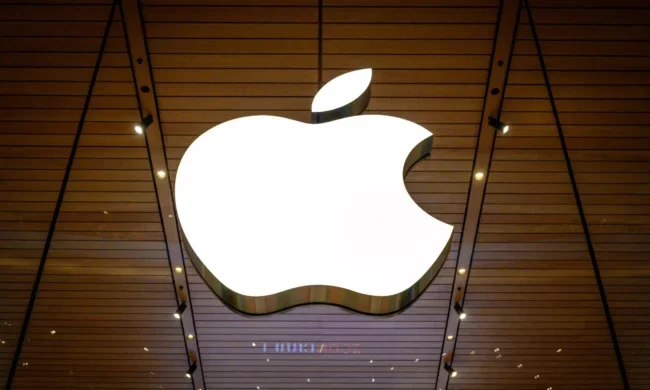Apple Backdoor Controversy — How It Started
The Apple backdoor controversy emerged after Britain updated its Investigatory Powers Act of 2016, expanding the authority of law enforcement agencies to demand user data and encrypted communications. Under this law, British officials quietly issued a secret order instructing Apple to provide a special tool that would allow investigators to bypass encryption on iCloud.
The proposal quickly raised alarms. Apple has consistently opposed creating any form of backdoor, arguing that once such a tool exists, it cannot be limited to lawful use. Instead, it could be exploited by hackers, foreign governments, or even rogue insiders. For Apple, the issue was not simply about compliance with one country’s request, but about setting a precedent that could compromise digital privacy worldwide.
To draw attention to the secret order, Apple publicly announced in February that it would disable Advanced Data Protection in the UK. This feature, which provides end-to-end encryption for nearly all iCloud content—including photos, backups, and messages—remained available in the United States but was blocked for British users. The decision placed the conflict in the public eye and signaled that Apple would not quietly surrender user privacy.
Apple Backdoor Controversy — The Role of the U.S.
The situation escalated to international levels. Tulsi Gabbard, the U.S. Director of National Intelligence, revealed that Washington had intervened in the dispute. After months of dialogue and pressure, Britain agreed to withdraw its demand. Gabbard stated that the agreement would protect the constitutional rights of American citizens and ensure that U.S. data stored in Apple’s cloud ecosystem remained beyond the reach of unnecessary government intrusion.
For Apple, this was a significant victory. The company not only defended its encryption policies but also demonstrated that it could rely on U.S. support in safeguarding user rights against foreign legal challenges.
Apple Backdoor Controversy — Why Encryption Matters
At the center of the debate is encryption. Apple’s Advanced Data Protection system ensures that even Apple itself cannot access a user’s data. This level of privacy is crucial in an era where data breaches, hacking, and cyberattacks are common. If Apple had complied with Britain’s demand, it would have undermined trust in its devices and potentially exposed millions of users to risks.
Privacy advocates argue that strong encryption is not just a technical feature but a fundamental right in the digital age. Weakening it, even with good intentions, would open dangerous loopholes. Apple’s refusal to create a backdoor reinforces its image as a protector of consumer privacy at a time when many governments are increasing surveillance powers.
Apple Backdoor Controversy — Broader Implications
The British decision to step back carries significant implications for global tech policy. Other countries, such as India and Australia, have also debated laws requiring companies to provide access to encrypted platforms. If Apple had complied with Britain’s order, it might have emboldened other governments to demand similar concessions.
Instead, Apple’s strong stance sends a clear message: user trust and data security cannot be compromised. By publicly disclosing the mandate and refusing to silently comply, Apple shifted the debate into the open, giving privacy advocates and citizens a chance to push back against excessive surveillance.
Apple Backdoor Controversy — What Comes Next?
Although Britain has dropped its immediate demand, the battle over encryption is far from finished. Governments worldwide continue to argue that access to encrypted data is necessary to fight terrorism, child exploitation, and organized crime. On the other hand, technology companies and privacy advocates warn that introducing such backdoors weakens the security of every user.
Moving forward, Apple is likely to:
- Expand transparency reports detailing government requests.
- Strengthen its communication to users about privacy rights.
- Collaborate with policymakers to find solutions that respect both law enforcement needs and civil liberties.
The Apple backdoor controversy illustrates the difficult balance between privacy and security in a connected world. Apple’s resistance shows that corporations can play a crucial role in shaping the future of digital rights.
Conclusion
The Apple backdoor controversy is more than a clash between one company and a government; it is a defining moment in the global debate over encryption. Britain’s withdrawal of its demand, following U.S. intervention, highlights how international cooperation and corporate resistance can safeguard individual freedoms. Apple’s refusal to weaken its encryption stands as a powerful example of defending privacy in the face of political and legal pressure.
As technology continues to evolve, the world will watch closely to see whether other governments attempt similar actions—or whether this outcome strengthens the case for uncompromised encryption everywhere.







